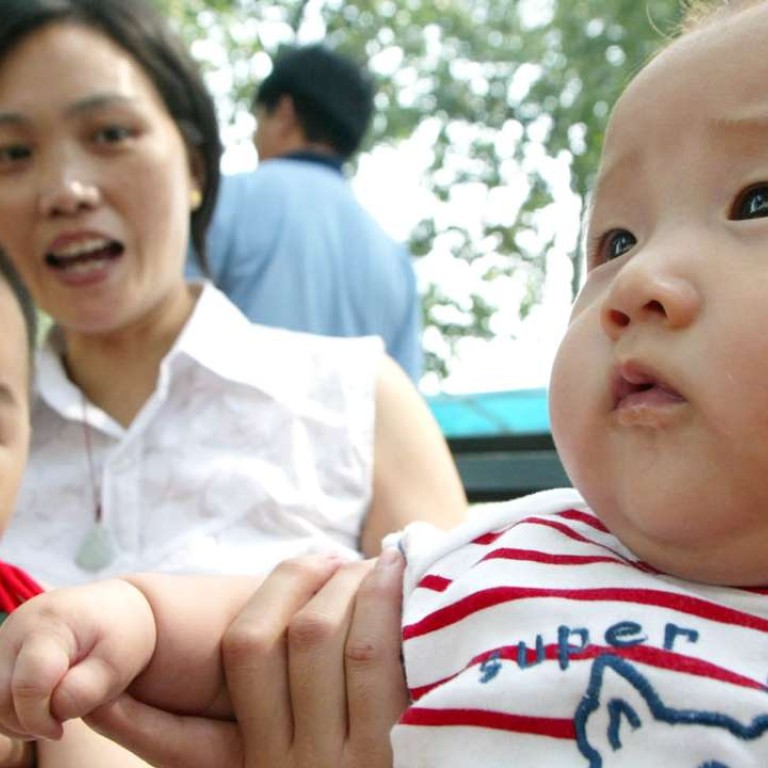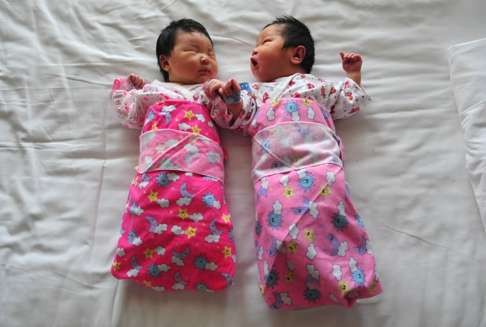
Fears over Chinese school staff shortages as women teachers opt for second baby after end of one-child policy
Officials in Qingdao, which has large number of women teachers at primary and middle schools, fear maternity-leave absences could hit students’ academic performances
Some schools in one Chinese province could experience manpower shortages because so many women teachers have chosen to have a second child after the central government ended its controversial decades-long one-child policy, mainland media reports.
Officials in the city of Qingdao, Shandong province, fear their absence could hit the academic performance of students.
However, such problems may not be isolated only to Qingdao, and could also be experienced in cities across the country.
The Qingdao Morning Post reported that officials in many primary and middle schools in the city are worried that, because of the change in the law, too many of its women staff will end up taking maternity leave at the same time.

We have four long-time women teachers expecting their second children right now, among whom some are head teachers ... This is exerting a bigger pressure on us than simply having inexperienced teachers who are expecting their first children
“This is exerting a bigger pressure on us than simply having inexperienced teachers who are expecting their first children,” he said.
At one primary school in the city, women form up to 90 per cent of the more than 100 teachers that it employs. This is true at many other mainland Chinese schools, too.
Some education officials fear that employing too many substitute teachers could also affect students’ academic performance.
Some schools said they have already started training young teachers who will be able to serve as talented substitute teachers during the peak period of teachers’ maternal leave.
In recent years a growing number of scholars had been urging the government to reform the nation’s family planning rules – introduced in the late 1970s to prevent population growth spiralling out of control – which were later seen as outdated and responsible for shrinking China’s labour pool.
The end of the one-child policy since the start of this year means that, instead of couples being permitted to have only one child as before, Beijing is now encouraging families to have two children.
Critics say the decision to relax the rules, to try to tackle problems of mainland’ China’s increasingly ageing population is too little, too late in redressing the substantial negative effects of the one-child policy on the economy and society.
Mainland mothers usually have maternity leave of four to five months, depending on regulations issued by provincial governments.
However, those who work for government departments and public institutions, such as schools can take a break of up to seven months.

